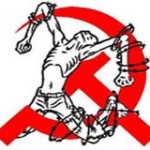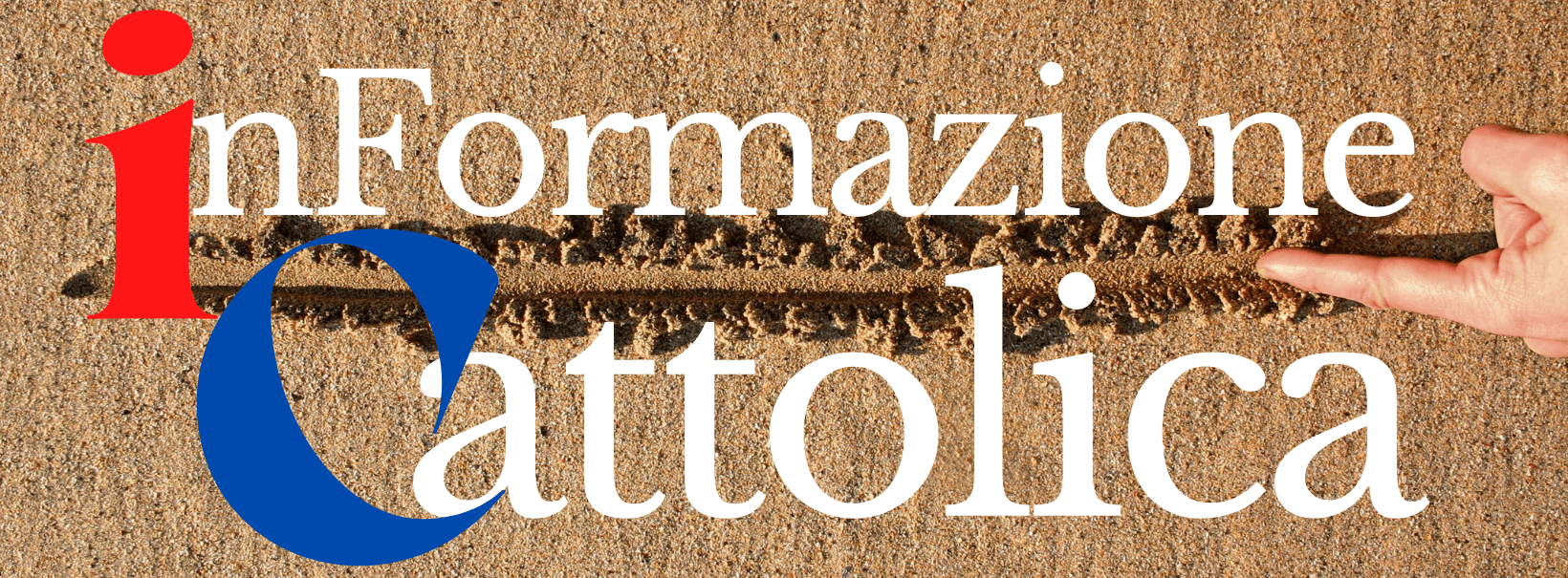The V Report of the Observatory on the Social doctrine of the Church in the world focused on “legal injustice”
Stefano Fontana
If international courts of justice barge right in to define who is a person, if ordinary magistrates literally demolish laws with their sentences and take over for the houses of parliament, and if the Constitutions of nations have by now become a sort of battlefield for waging harsh disputes instead of grounds for a common recognition of some natural values, we can well say we are in the presence of a serious juridical crisis, which then expands to encompass all social and economic relations, thereby explaining the crisis underway.
Underway, according to the Report, is a multiplication of regulations, but jus as such is falling into the background, and with increasing frequency is the true state of the rule of law in crisis, also in the western democracies.
As affirmed by Msgr. Mamberti in a statement made at the United Nations and mentioned in the Report, jus pales into law and, inevitably, law in its turn pales into rules. Thus do we have but a “society of rules” and no longer a State of jus where the rule of law governs. In a society of rules the rules themselves are groundless.
This is the juridical crisis that causes legal injustice. In the Report’s core article Gianluca Guerzoni asserts that “by juridical crisis we mean the weakness of law in the face of these challenges as a consequence of a divaricating of law from the right to shared ethics and the effect of ethical pluralism unable to identify common codes”.
The juridical crisis substantiated by the Report is legislative and jurisprudential at one and the same time. It is a legislative crisis since during 2012, the Report’s year of reference, many national parliaments passed laws going against natural law in the areas of life and the family; from Argentina to Uruguay, and from Ireland to France. It is a crisis in terms of jurisprudence both because international courts of justice venture into areas not belonging to their direct remit, and because ordinary magistrates are replacing parliaments with their sentences.
The Report narrates facts: the sentence handed down by the Inter-American Court for Human Rights, which condemned Costa Rica for not yet having passed a law permitting ‘in vetro’ fecundation; or the sentence of the Supreme Federal Court of Brazil, which in March authorized what it called “therapeutic anticipation of delivery”, which means ‘abortion’.
In both cases the courts in question felt empowered to define concepts having little to do with their sphere of competence: the first sustaining that conception “takes place when the embryo is implanted in the uterus”, and the second affirming that “the acephalous being will never become a person”.
This “metaphysics of sentences”, which acts much like divine oracles decreeing what it means to be ‘man’ and who must benefit from this recognition, excluding those deemed unfit, seriously undermines the selfsame reliability of the whole system of international courts of justice, which nonetheless have the force enabling them to condition the policies of individual nations.
Regarding the sentences handed down by magistrates, the Report shows that where there is a legislative vacuum, these judges legislate with their sentences, and where there is no legislative vacuum, they demolish law with a never-ending sequence of sentences. Noted in many countries is a high degree of tension among the legislative power of national parliaments, the power of the magistrates in those same countries, and the power of international courts of justice.
This imbalance rents asunder the selfsame fabric of nations, loosening the binding threads of national Constitutions. The point may well be reached where citizens may be induced to exercise conscientious objection with respect to the Constitution of their own country, and this would undermine a nation’s juridical, moral and social stability at its very roots.
Among other cases, the Report analyses those of the United States, the Philippines and Argentina. Continuing throughout 2012 was lawmaking in Argentina with a destructive effect on the principles of life and the family.
Public health care facilities are obliged to practice abortion, and euthanasia is allowed; the gender ideology has been given pride of place and it is possible to register as the child of two women born to one of them united with another woman prior to the entry into force of the law on civil wedlock; the “ley de sangre” (law of blood) was amended to prohibit asking blood donors for information about their sexual orientation, and medically assisted reproduction is provided in full by public health care facilities, with the exclusion of conscientious objection; destroyed may be the human embryos fecundated in vitro and not implanted in the uterus.
Shadowing over these laws are doubts about their being unconstitutional, and in many cases this is a certainty. Expected, therefore, are numerous appeals, litigations and political disputes. To be noted in the cases of these laws is the pressure exercised by international organizations.
The data published in the Report of the Observatory Van Thuân substantiates the spreading of social anomy in the world, the literal suspension of the rule of law in many areas, the crisis of institutions in general, corruption more or less permitted, oligopoly in the use of force, illegal practices unpunished, and limitations to the right to exercise conscientious objection.
This picture is distressing especially in Latin America and Africa, but not even the so-called advanced world is saved from critique. This tells us that not bereft from having an influence on the organization of the daily life of our respective societies are the juridical crisis phenomena substantiated by the Report in international courts, in the individual behavior of magistrates and with reference to national Constitutions
The Report also provides information on how the international activity of the Holy See entailed an effort of “juridical pedagogy. Of utmost value is the social teaching of the Holy Father well documented by Archbishop Giampaolo Crepaldi, who together with Stefano Fontana edited this V edition of the Report.
___________________
Osservatorio internazionale Cardinale Van Thuân, V Rapporto sulla Dottrina sociale della Chiesa nel mondo, edited by G. Crepaldi and S. Fontana, Cantagalli, Siena 2013, pgs. 220, € 14,00.





